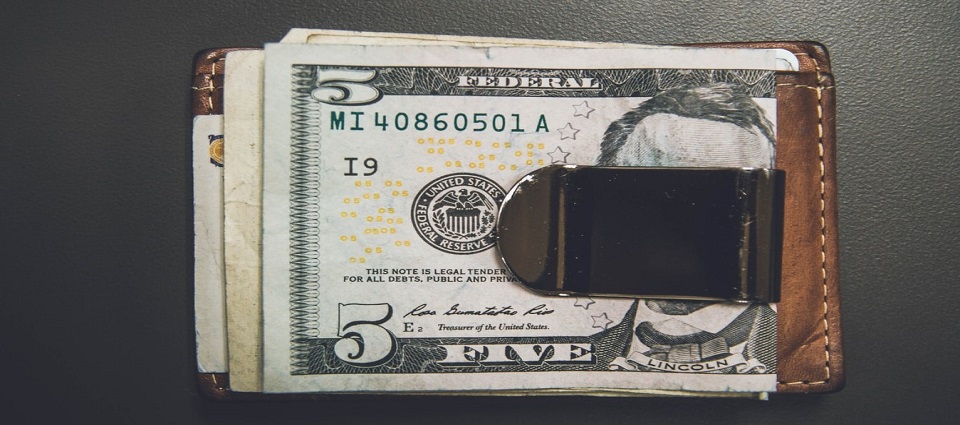
What Is The Difference Between Margin And Markup In Finance?
When talking about finance and accounting, there are a variety of terms to keep in mind. One of those is the difference between margin and
After witnessing a turbulent economy during the first half of 2020, it is only natural for people to be conservative with the way they invest their money. Some have sold their stocks, others have changed their strategies and shifted to day trading, while many may still be hesitant to take that first step.
However, writer Jeff Sommer wrote in The New York Times that investors who decided to stick to their stocks have reaped great rewards. Sommer noted that those who were wary to hold on to their stocks and sold them off missed an 8.5% gain in the S&P 500.
This brings up the question: Should you invest, even when the global economy is not thriving?
Keeping this in mind, the best course of action is to be wise with the way you invest. This article gives a few tips to guide you through investing—no matter where the market takes you.
Constantly reassess your options and, if possible, diversify. Ellevest CEO and former Citigroup CFO, Sallie Krawcheck, recommends not to make sector or company bets and to “keep it boring” in the meantime.
A turbulent market is not the time to gamble with your finances, and one way to secure them is to not have them all in one basket. Opt for low-risk investments or consumer staples and essentials as these markets likely won’t go under.
Aswath Damodaran, a Finance professor at the NYU Stern School of Business, also recommends spreading your investment across four buckets:
While not entirely about stocks, bonds and investments, a crisis is a time to buy yourself financial freedom. Less monetary commitments will give your bank account some leeway in the coming months.
In the same Business Insider interview, Krawcheck advised people to “go hard at expenses.” This is the time to use stimulus checks to pay off loans and other outstanding financial commitments.
By taking this action, there is a possibility of experiencing a positive ripple effect on your finances. This can open up more opportunities to explore the path towards financial abundance through investments.
To conclude, assessing consumer behavior to know which industries are more likely to prosper in the coming months is the key to smart investing. Your own liquidity is also a factor in what your next step should be as you build your financial portfolio.
Daniel Sparks from private financial and investing advice company The Motley Fool said that there is no definite indicator from the market if it is the right time to invest. You have to step in, strategize how you would like your stock market portfolio to look like down the road, and accept both risk and .

When talking about finance and accounting, there are a variety of terms to keep in mind. One of those is the difference between margin and

Debt may be a complicated topic for entrepreneurs to discuss but even Harvard Business Review considers the different instances when debt is good. From being

Philip Campbell, a CPA and author of Never Run Out of Cash, once said that while cash is the lifeblood of businesses, what fuels a
Copyright © 2023 The Aepiphanni Business Catalyst Group, Inc.